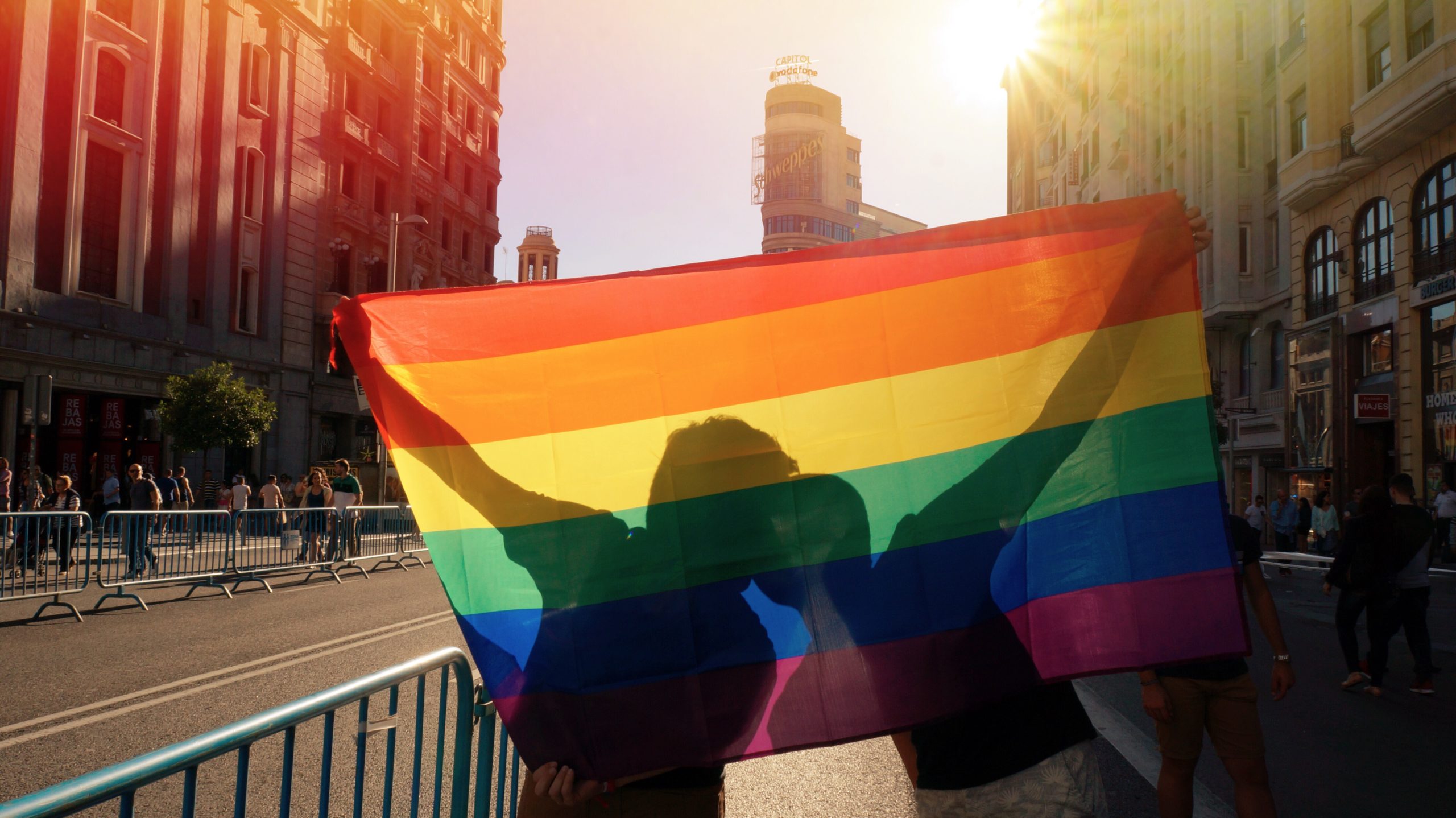Blog May 13, 2021
Why Public Support for Transgender Rights is Likely to Grow

Across the country, statehouses are considering a record number of proposals aimed at restricting the rights of transgender students in high school athletics, limiting access to health care and the use of public restrooms.
As the debate over transgender issues heats up, American attitudes on many of these policy questions remain unsettled, perhaps reflecting their complexity, sensitivity, and overall newness. Most Americans believe transgender people should be allowed to serve in the military, but public sentiment on bathroom bans and participation in high school athletics is more divided.
But if Americans express some degree of ambivalence now, there is a good reason to believe that policies expanding rights for transgender people will become increasingly popular. And the reason is simple. Public understanding of transgender policies will increasingly be informed not by news reports or political rhetoric, but through personal interactions with the people immediately affected by them. Previous research has consistently shown that views about same-sex marriage and homosexuality are strongly influenced by personal connections to gay and lesbian people. This same process will likely transform the public opinion landscape on the issue of transgender rights.
Over the last five years, the number of Americans reporting they know someone who is transgender has risen dramatically. In 2016, the Pew Research Center found that less than one-third (30 percent) of the public personally knew someone who identified as transgender. In April, a NPR/PBS NewsHour/Marist survey found that more than half (52 percent) the public reported knowing someone who is transgender.
There is a similar shift occurring among Americans’ more immediate social circles. A decade ago, 11 percent of Americans said they had a close friend or family member who is transgender. In 2019, nearly one in four (24 percent) Americans reported having a close social relationship with a transgender person.
A few years back, I wrote about the unique set of conditions leading to the transformation of public attitudes on same-sex marriage. When the issue became part of the national political debate in the early 2000s, less than one-third of the public supported it. Within 10 years, a majority of Americans said gay and lesbian people should be allowed to marry and today 67 percent of Americans endorse this view, a tectonic shift in public opinion.
Social contact played a key role in this shift. As I noted at the time: “Social contact is a particularly effective way of reducing anti-gay sentiment because gay and lesbian identity is independent of the socio-economic, ethnic, racial, religious, and regional divisions that separate Americans on other issues. While coming out is more complicated in certain parts of the country and within certain communities, gay and lesbian people are members of every social class, ethnicity, religion, and race.” Knowing someone who is gay or lesbian fundamentally altered the way many Americans think about LGBT policies, making the issues less abstract and distinctly more personal.
It is not surprising then that support for same-sex marriage over the past two decades closely tracked the social connection people had to gay and lesbian people. A little more than 10 years ago, less than half the public reported having a close friend or family member who is gay or lesbian. As of 2019, 68 percent of Americans have a close friend or family member who is gay or lesbian, a remarkable feat of social integration given that gay and lesbian people make up only about 2.1 percent of the population.
Public opinion rarely moves uniformly or predictably. Rather, it responds to the ebbs and the flows of the immediate political context, as well as the broader culture. Unlike the debate over same-sex marriage, which focused on the rights of adults being denied something available to everyone else, many of the proposed transgender policies are focused on children, where issues of fairness are murkier. And yet, it is notable how cautiously some Republicans are moving on these issues, perhaps reflecting a tacit acknowledgment of where the political winds are blowing. As the social circles of Americans evolve to include more people who identify as transgender, a trend that is well underway, opposition to legislation aimed at curtailing the rights of transgender people will almost certainly grow.








